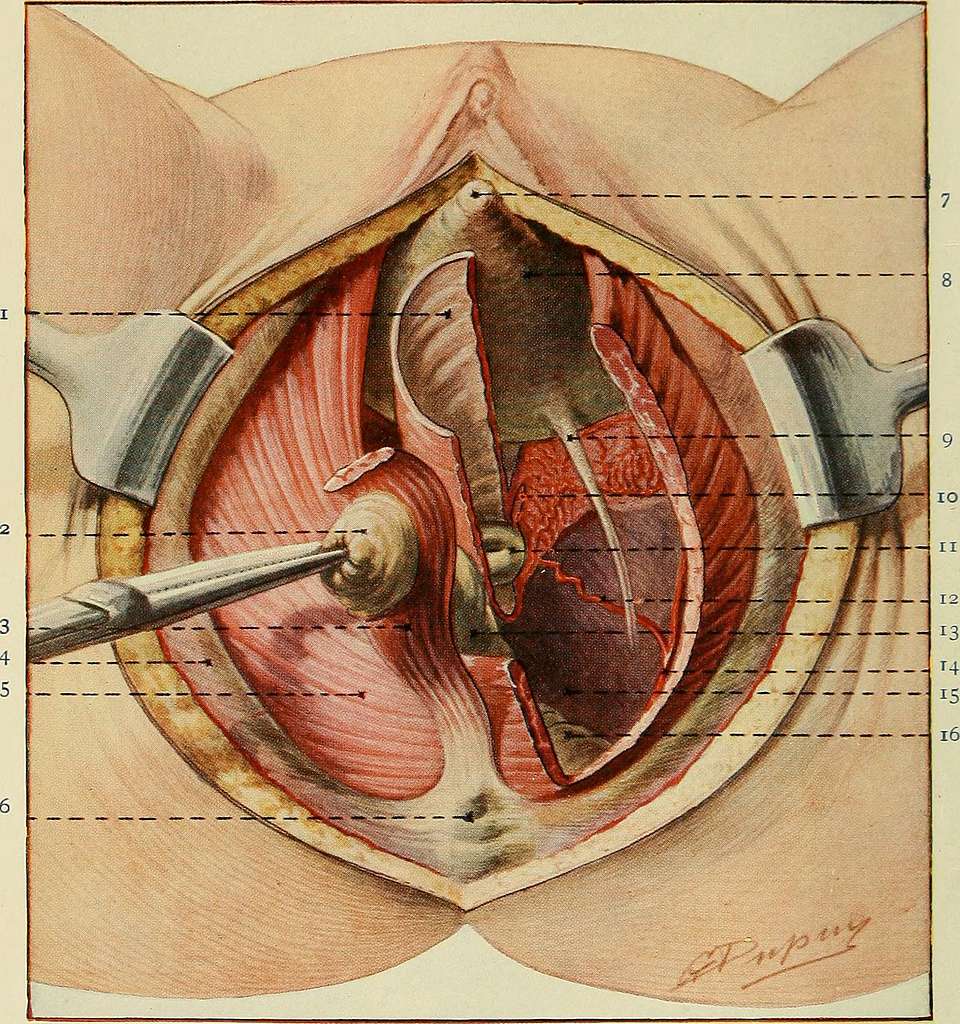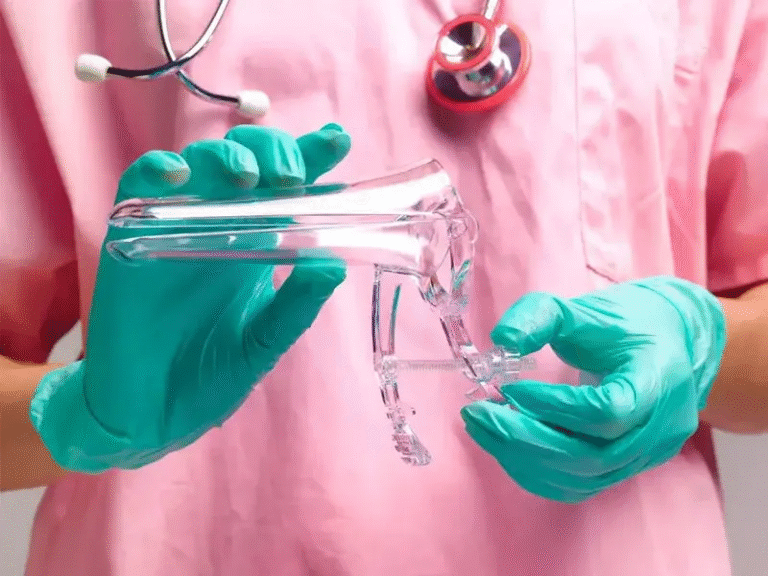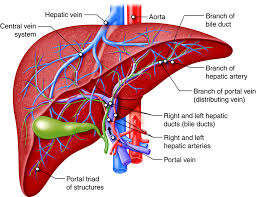Exploring the Different Areas of Gynecology

Gynecology is a branch of medicine dedicated to the health and well-being of individuals with female reproductive systems. This field encompasses numerous specialties. Each area targets various aspects of care, ranging from preventive measures to more specific treatments. Understanding these areas is key to fostering reproductive and overall health.
Preventive Care
Preventive care in gynecology focuses on early identification and management of health concerns. Routine visits to a gynecologist can help maintain overall well-being and detect issues at an early stage. These visits commonly include pelvic exams, Pap smears, and breast examinations. They provide an opportunity for healthcare professionals to evaluate the health of the reproductive organs and screen for cervical abnormalities. The human papillomavirus (HPV) is a common virus associated with various forms of cancer, and vaccination can reduce associated risks. Through preventive care, individuals are able to discuss menstrual irregularities, pain, or other concerns related to reproductive health.
Reproductive Health
The reproductive health area of gynecology addresses concerns and conditions related to fertility, conception, and childbirth. It involves medical interventions, supportive care, and treatments to manage reproductive system functionality. Gynecologists specializing in this field often treat conditions that impact fertility, such as polycystic ovary syndrome (PCOS) or uterine lining issues. They also provide support for individuals seeking assistance with conception, whether through consultations or advanced fertility treatments like in vitro fertilization (IVF).
Beyond fertility, obstetrics overlaps with gynecology to address prenatal care and childbirth. During pregnancy, gynecologists monitor the health of both the individual and the fetus, providing guidance, support, and medical intervention when necessary. Reproductive health care also extends to addressing menstrual disorders, hormonal imbalances, and issues such as pelvic pain, facilitating comprehensive support for a wide range of reproductive needs.
Menopause
Menopause marks a natural phase of life when menstrual cycles cease, and the reproductive system undergoes changes. The area of gynecology dedicated to menopause provides care tailored to easing the challenges that may arise during this transition. Symptoms experienced during menopause, such as hot flashes, mood changes, and sleep disturbances, can be addressed through medical care, though approaches vary depending on individual preferences and health factors. Hormone therapy and non-hormonal treatments may be explored to provide relief from discomfort. Gynecologists provide support and resources to help individuals navigate this stage of life comfortably, improving quality of life during and after the menopausal transition.
Cosmetic Treatments
Cosmetic treatments within gynecology are focused on addressing physical changes and aesthetic goals related to the reproductive and pelvic regions. These services are often sought for both functional and personal reasons. Procedures such as labial reduction or vaginal tightening address specific concerns individuals may have about appearance or discomfort during activities. They may also help with symptoms related to childbirth or aging.
Meet With a Specialist in Gynecology
Gynecology encompasses a wide range of care areas, each offering specialized support tailored to individual needs. From preventive check-ups to guidance during menopause or cosmetic treatments, gynecologists are well-equipped to provide medical expertise across various stages of life. Scheduling an appointment allows for a professional evaluation to develop a personalized plan tailored to your well-being.
- What to Expect When Visiting a Foot and Ankle Specialist
- Causes of PTSD
- The Link Between Plantar Fasciitis and Weight Gain: What You Need to Know
- How Pet Ownership Can Positively Impact Life with Fibromyalgia
- The Importance of Stretching and Flexibility in Sports Medicine
Dr. Emma Green is a health and wellness expert with over 10 years of experience in nutrition and fitness. Passionate about helping others live their healthiest lives, Dr. Green shares practical advice on wellness, nutrition, and sustainable living through LivingSpristine.






